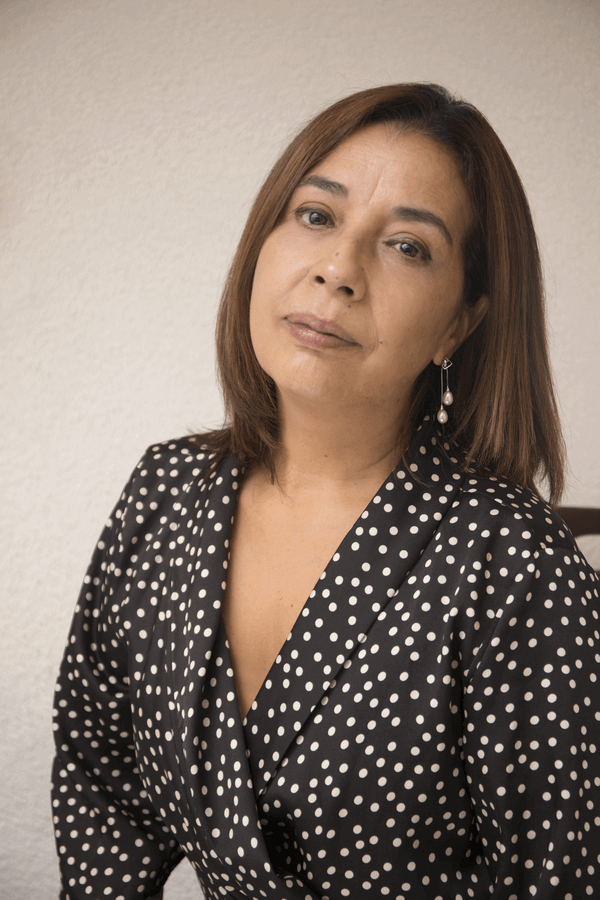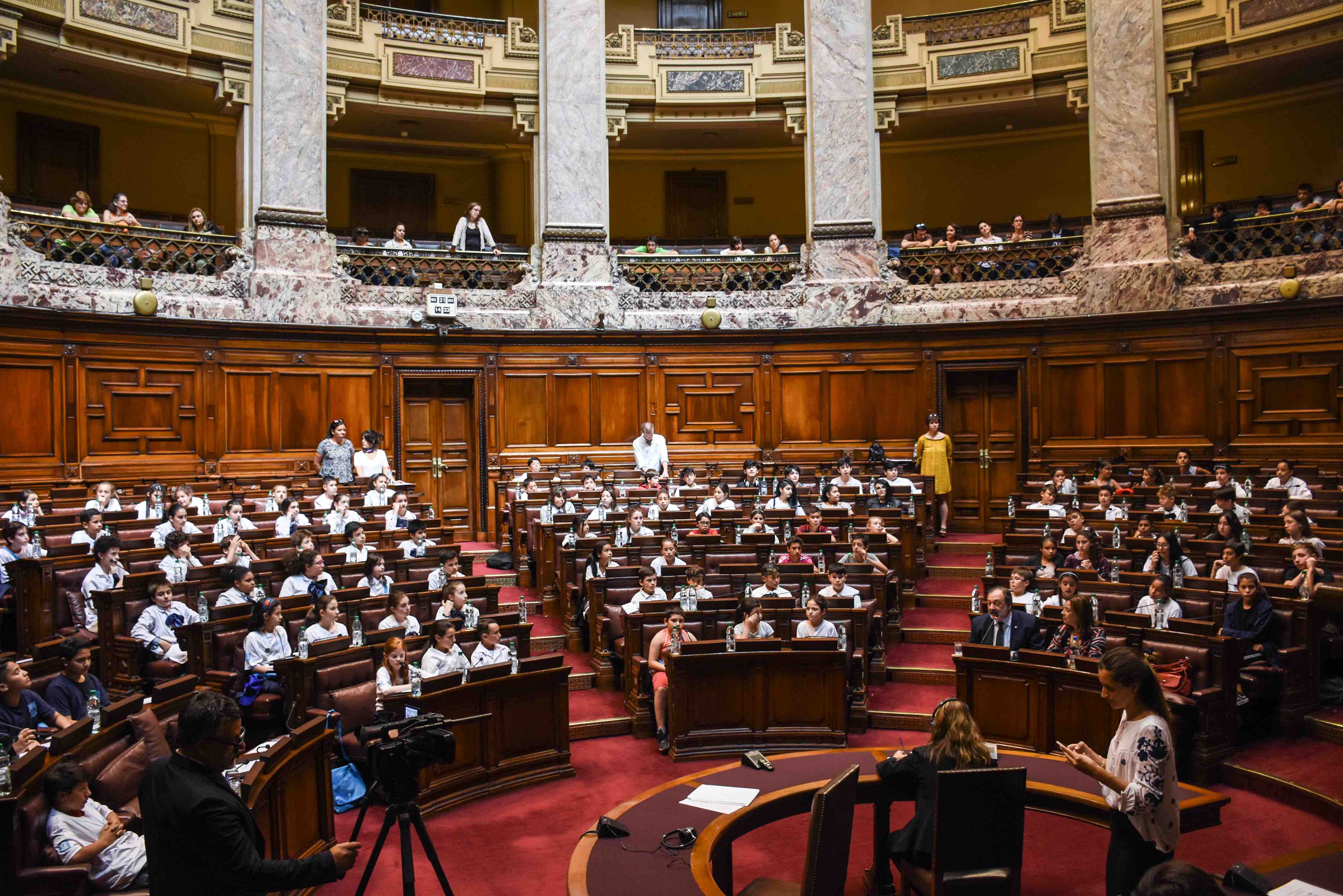 Parliament of Children and Adolescents of Montevideo - © Cecilia Torres, Comunicación del área de Desarrollo Social de la Intendencia de Montevideo
Parliament of Children and Adolescents of Montevideo - © Cecilia Torres, Comunicación del área de Desarrollo Social de la Intendencia de Montevideo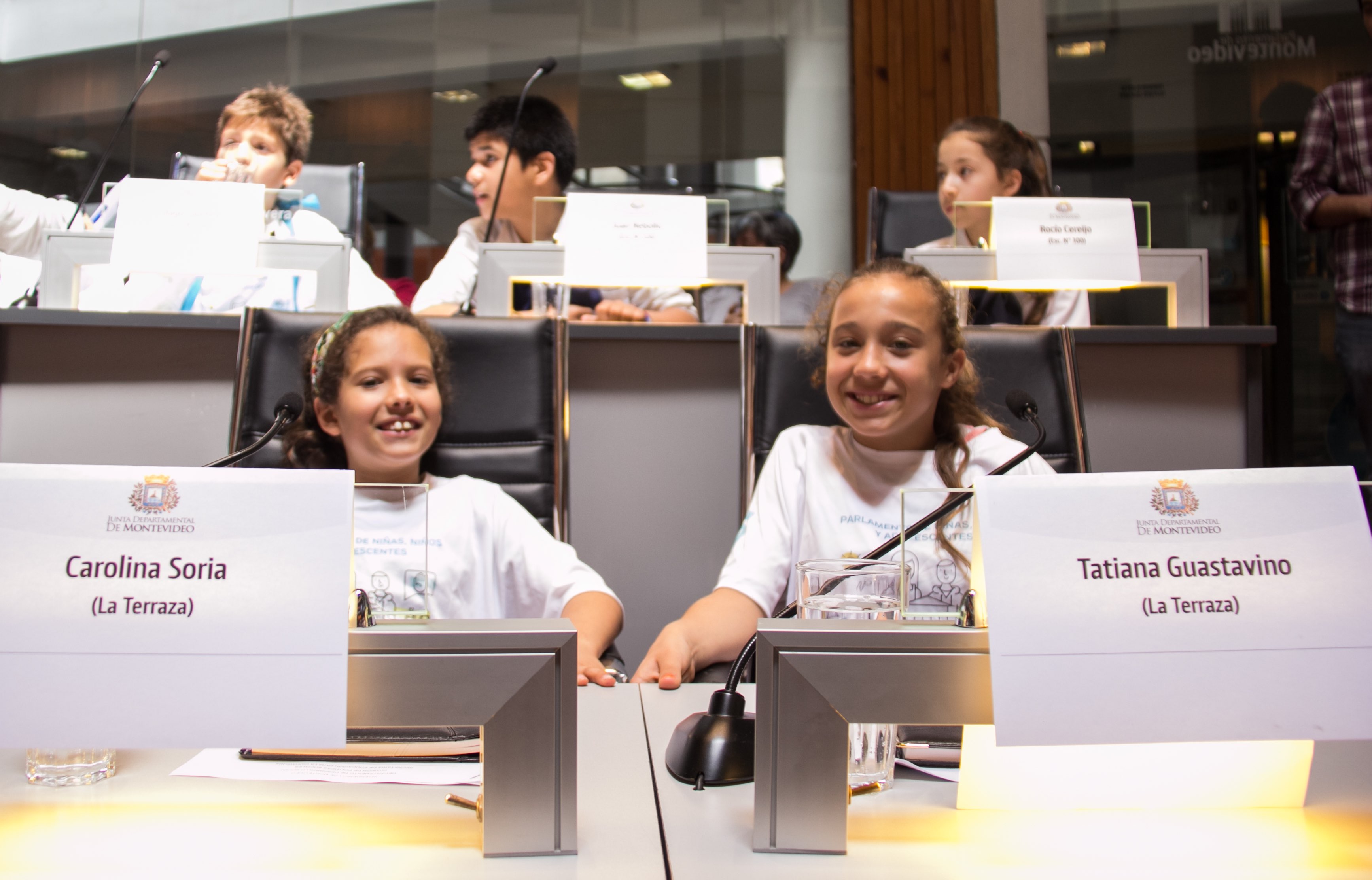 Parliament of Children and Adolescents of Montevideo - © Cecilia Torres, Comunicación del área de Desarrollo Social de la Intendencia de Montevideo
Parliament of Children and Adolescents of Montevideo - © Cecilia Torres, Comunicación del área de Desarrollo Social de la Intendencia de Montevideo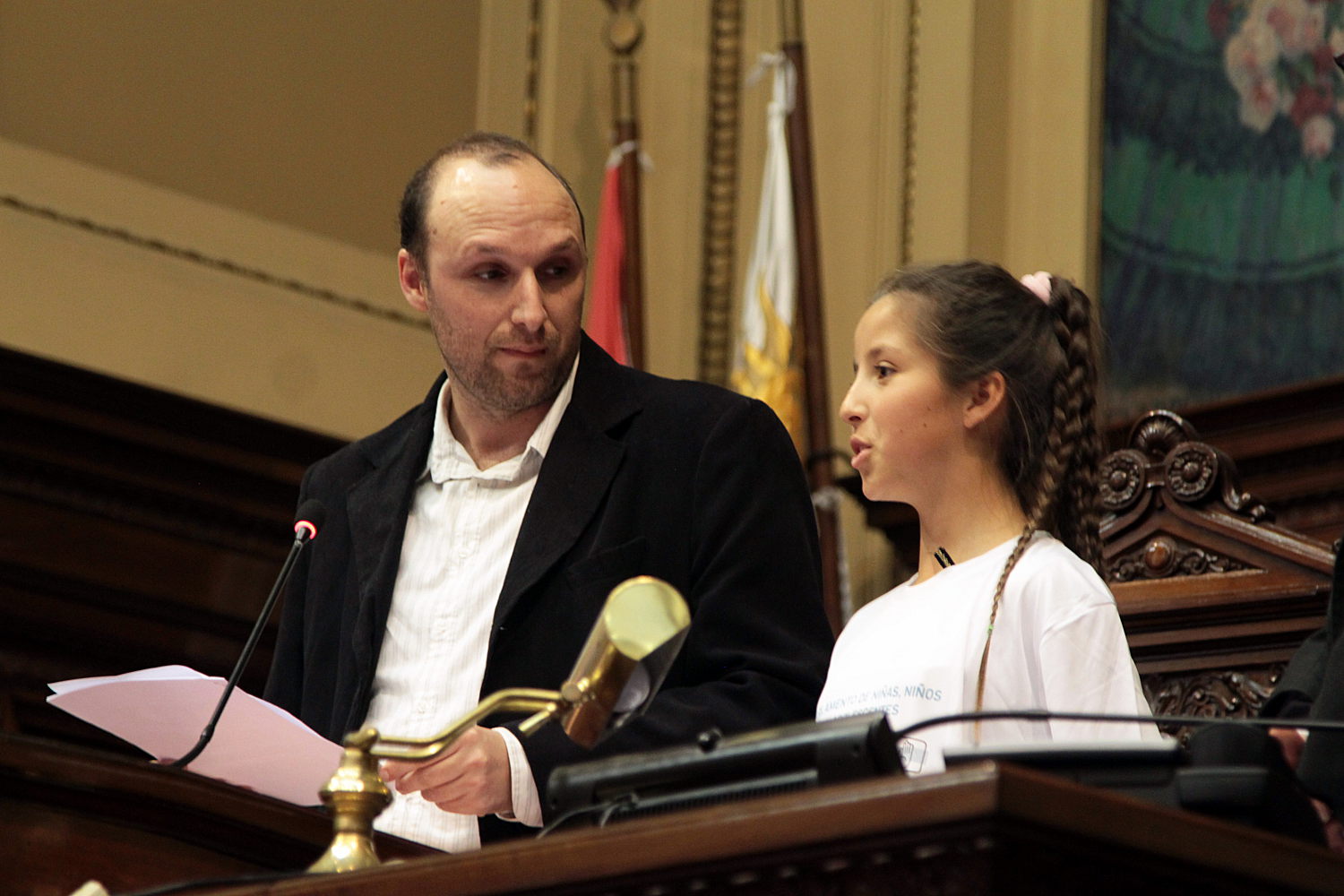 Parliament of Children and Adolescents of Montevideo - © Cecilia Torres, Comunicación del área de Desarrollo Social de la Intendencia de Montevideo
Parliament of Children and Adolescents of Montevideo - © Cecilia Torres, Comunicación del área de Desarrollo Social de la Intendencia de Montevideo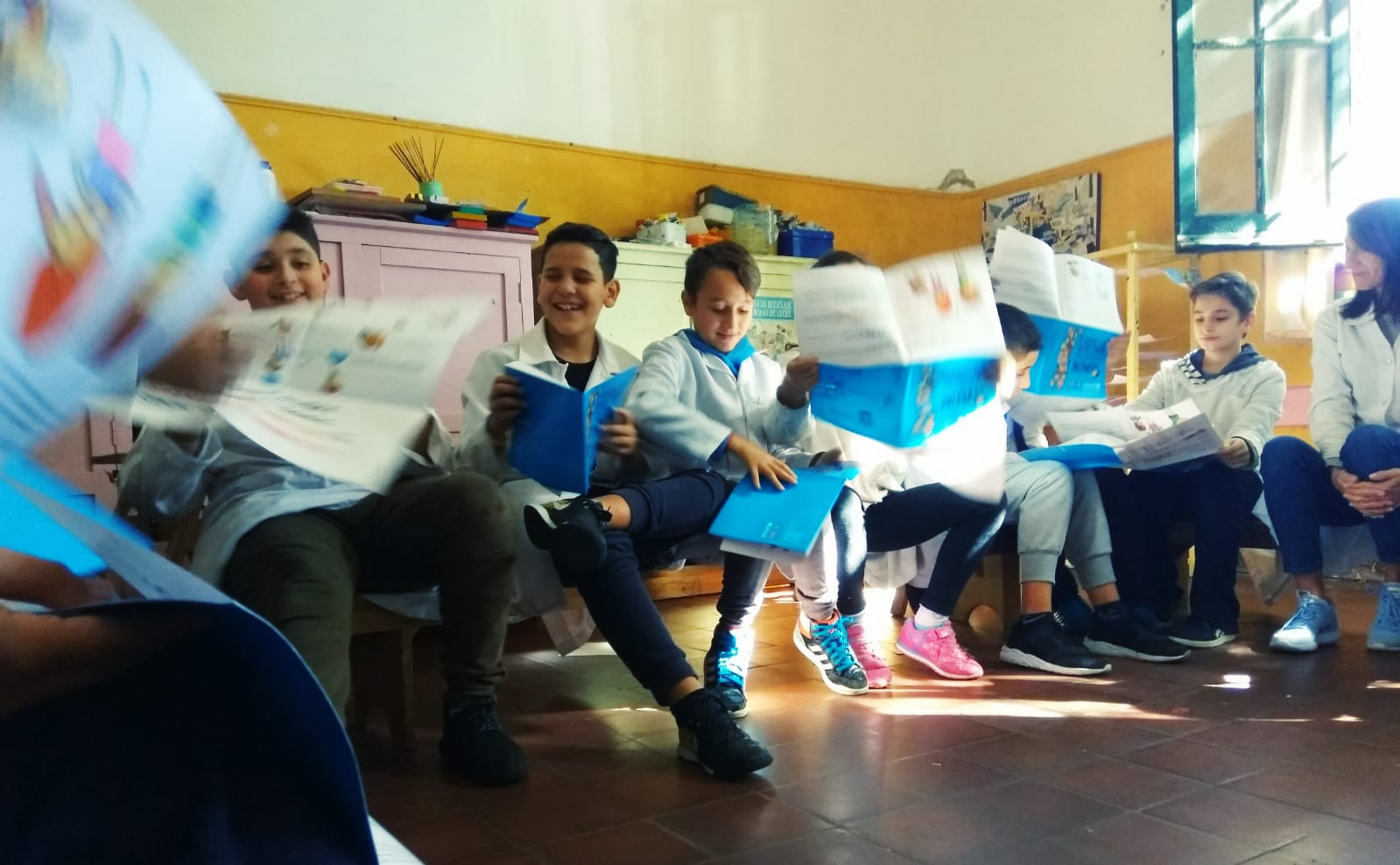 Parliament of Children and Adolescents of Montevideo - © Cecilia Torres, Comunicación del área de Desarrollo Social de la Intendencia de Montevideo
Parliament of Children and Adolescents of Montevideo - © Cecilia Torres, Comunicación del área de Desarrollo Social de la Intendencia de Montevideo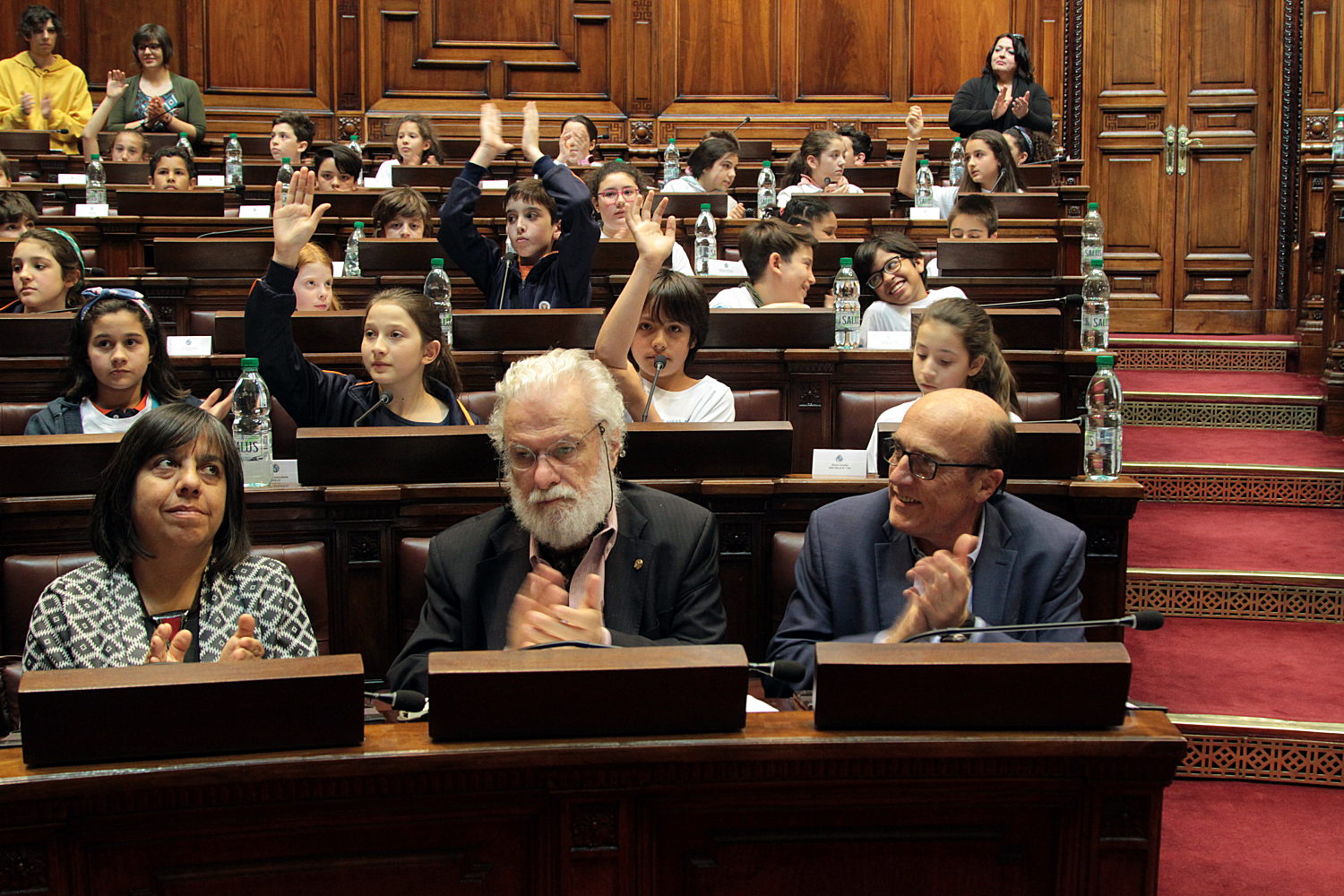 Parliament of Children and Adolescents of Montevideo - © Cecilia Torres, Comunicación del área de Desarrollo Social de la Intendencia de Montevideo
Parliament of Children and Adolescents of Montevideo - © Cecilia Torres, Comunicación del área de Desarrollo Social de la Intendencia de Montevideo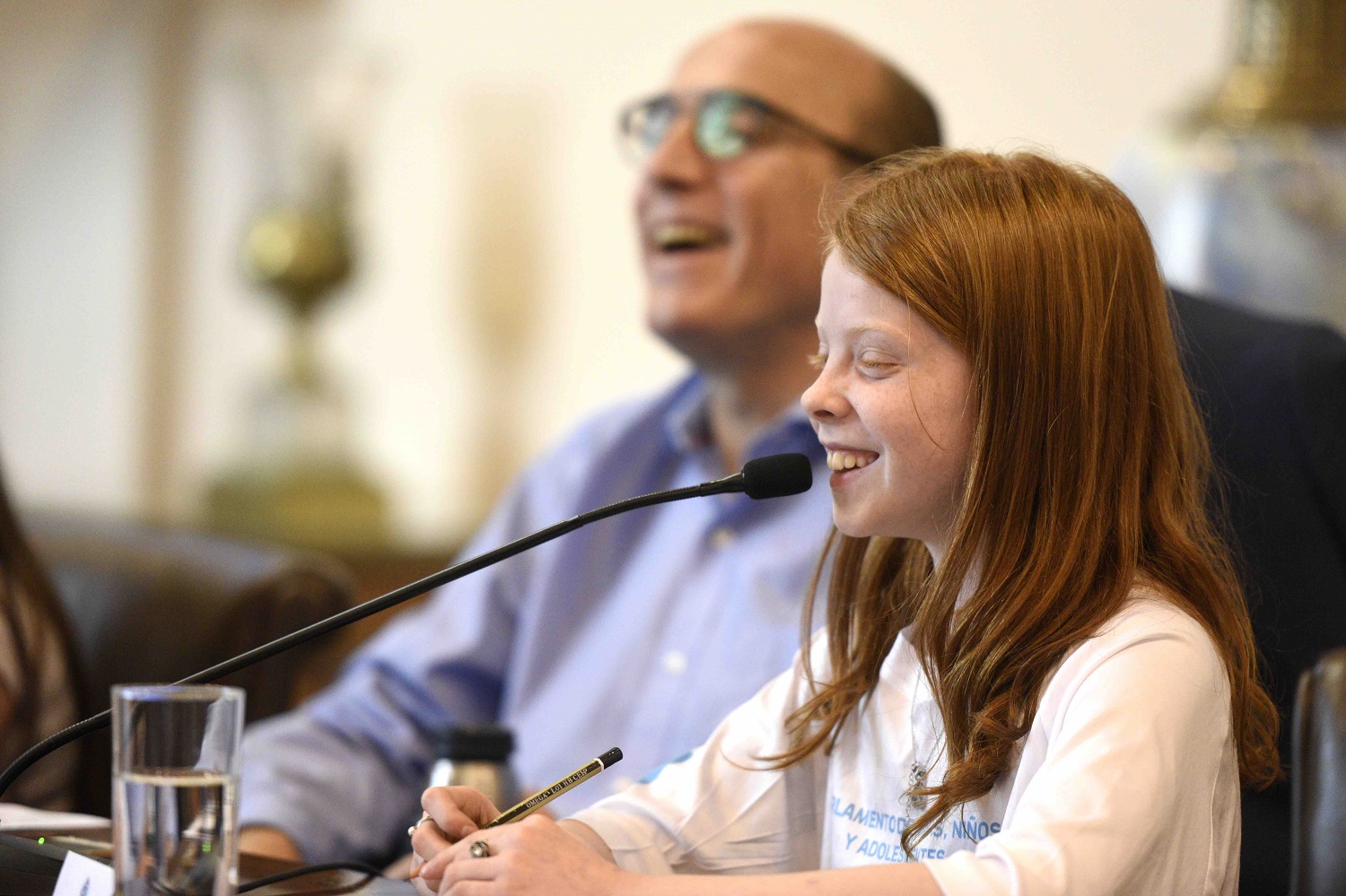 Parliament of Children and Adolescents of Montevideo - © Cecilia Torres, Comunicación del área de Desarrollo Social de la Intendencia de Montevideo
Parliament of Children and Adolescents of Montevideo - © Cecilia Torres, Comunicación del área de Desarrollo Social de la Intendencia de Montevideo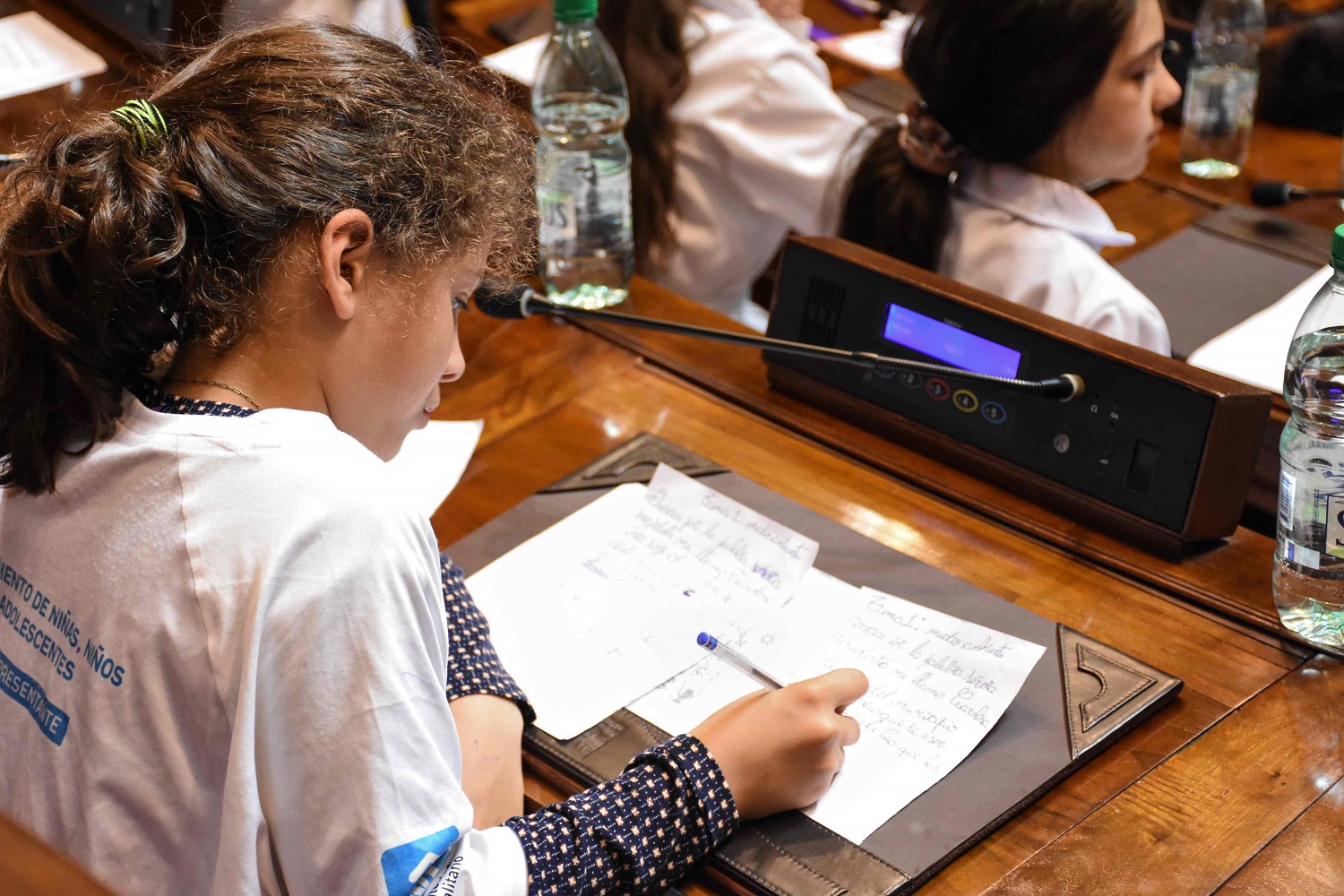 Parliament of Children and Adolescents of Montevideo - © Cecilia Torres, Comunicación del área de Desarrollo Social de la Intendencia de Montevideo
Parliament of Children and Adolescents of Montevideo - © Cecilia Torres, Comunicación del área de Desarrollo Social de la Intendencia de Montevideo
City
Montevideo
Main actors
Local Government
Project area
Whole City/Administrative Region
Duration
Ongoing since 2016
Encouraging the participation of young people in the development of human rights and democracy.
An annual program administered by the Secretariat of Education for Citizenship of the Council of Montevideo. The program involves training in human rights and civic education for children and adolescents, with an inclusive focus. As part of the process, workshops are held on the afore-mentioned topics, and work is carried out with elected representatives through municipal cabinets and sessions in the national and departmental parliaments. Educational institutions from all the municipalities of Montevideo participate in the program.
- Stimulate critical thinking, discussion, debate, personal opinion and creativity.
- Promote belonging to neighbourhoods, municipalities and the city.
- Promote the presentation of proposals to improve the local area.
- Encourage the influence of young people in public policy making for the city.
- Promote equitable relations between each participating child.
- Contribute to the progress of the city by providing equal opportunities to all neighborhoods, zones and municipalities of Montevideo.
- Contribute to citizen education, emphasizing the approach of the third level of government (municipalities).
- Generate spaces for exchange, integration and coexistence of children and adolescents from all the municipalities of Montevideo.
The program is financed by the Montevideo City Council and has a technical team to develop, plan and monitor the main activities. The workshops are administered by a non-governmental organization with experienced personnel in education and human rights. There is also additional support from the participating institutions and private sector partners.
External links / documents
On Map
The Map will be displayed after accepting cookie policy
